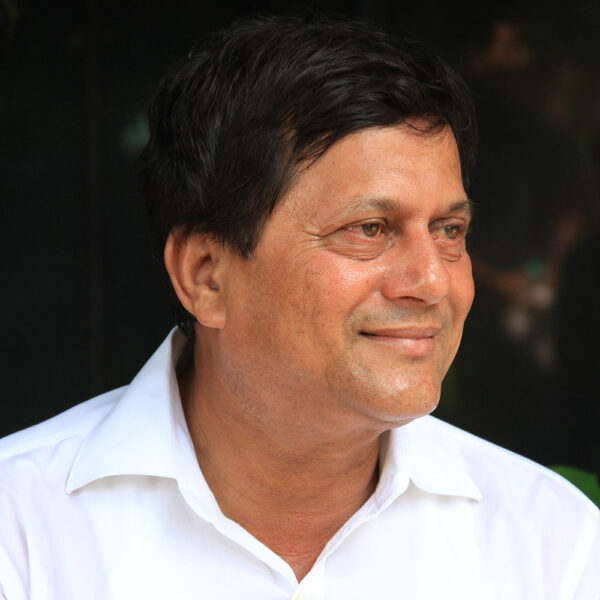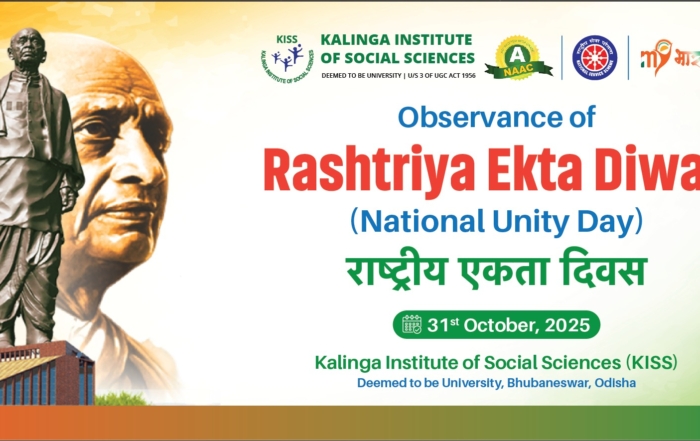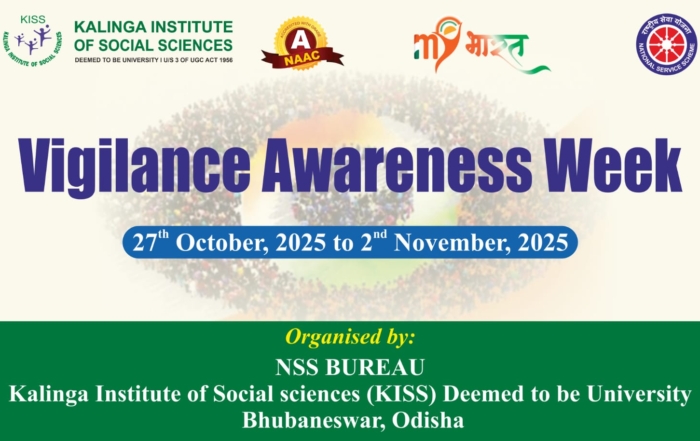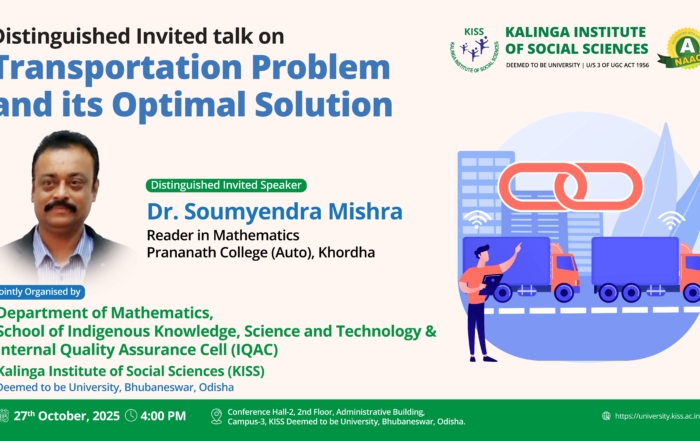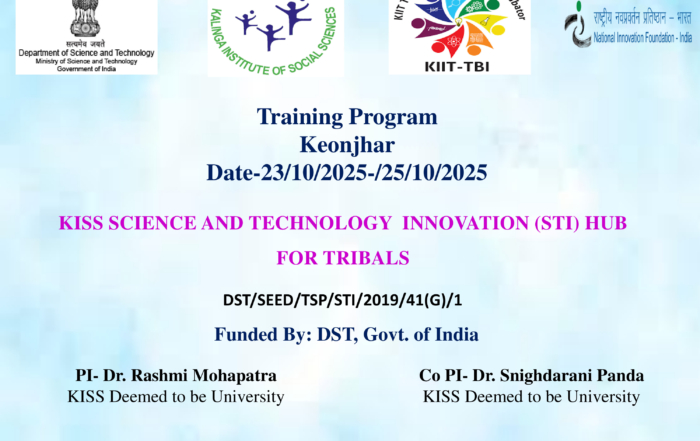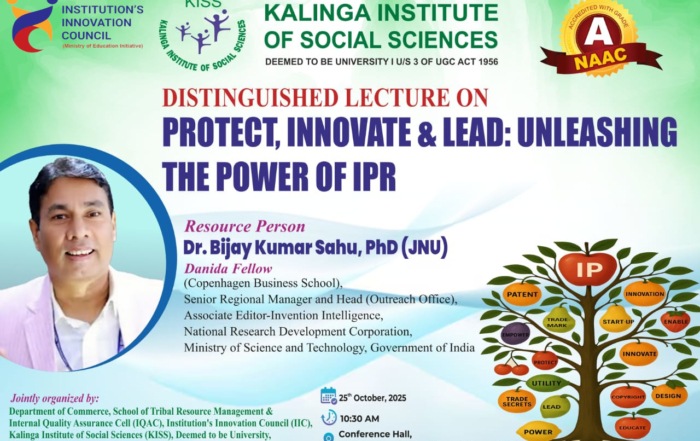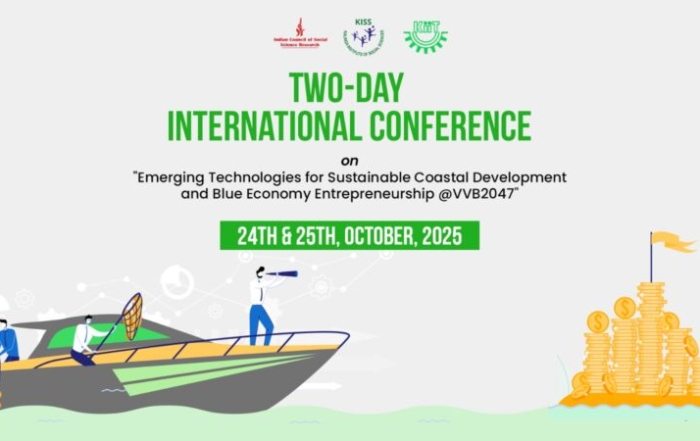SDG 4: Ensure inclusive and equitable quality education and promote lifelong learning opportunities for all
- Ensure that all girls and boys complete free, equitable and quality primary and secondary education
- Ensure that all girls and boys have access to quality early childhood development, care and pre-primary education
- Ensure equal access for all women and men to affordable and quality technical, vocational and tertiary education
- Increase the number of youth and adults with relevant skills for employment, decent jobs and entrepreneurship
- Eliminate gender disparities in education and ensure equal access to all levels of education and vocational training
- ensure to achieve improved literacy and numeracy among children and adults
- Ensure that all learners acquire the knowledge and skills needed to promote sustainable development
- Build and upgrade education facilities that are child, disability and gender sensitive and provide safe, non-violent, inclusive and effective learning environments for all
- Expand globally the number of scholarships
- Increase the supply of qualified teachers
Activities Undertaken
- Providing free of cost, quality holistic education to over 80,000 tribal Students.
- Implementing English Access program in collaboration with the US Department of State, to improve English with focus on speaking, listening, writing and reading skills of students.
- Providing Smart Classrooms in collaboration with Oracle, to facilitate interactive learning.
- Implementing a ‘Mother-Tongue Based Multi-Lingual Education’ (MTBMLE) program to reduce language inequalities.
- Running an online campaign ‘#Why Literacy Matters’ for empowering society and increasing awareness of the importance of literacy for all.
- Sending monthly consignments of books and school supplies to students in more than 30 districts of Odisha during Covid-19 related closures to ensure continuity of education
- Using various online / virtual medium to conduct classes in addition to broadcasting an hour of classes per standard on satellite television (Kalinga TV)
School of Comparative Tribal Languages and Literature, KISS-DU facilitates research and capacity-building initiatives for creating pedagogy and MTBMLE-based TLMs. - As an endeavor to protect, preserve and promote indigenous languages, KISS-DU has introduced language clubs, and established Centre for Indigenous Languages and Narratives.
- Teacher Training for capacity building under the ERASMUS+ Programme.
- Establishment of Tribal Advisory Council and inclusion of Professors of Practice and Professors Emeritus.
- Introduced unique curricula with a focus on tribal culture in seven innovative Schools.
Research focused on SDG 4
- Education and Capacity Building
- Bridging the Educational gap
- Integrating indigenous knowledge in curriculum
- Teacher Training and Development
- Use of Technology in Tribal Education
- Multilingual Education
- Early childhood education in Tribal Communities
- Impact of Nutrition on Learning Outcomes
- Girls’ Education in Tribal Areas
- Inclusive Education for Children with Disabilities
- Role of Community Participation in Education
- Impact of Migration on Education
- Vocational Education and Skill Development
- Gender-Sensitive Pedagogy
- Impact of Government Policies on Tribal Education
- Learning Outcomes and Assessment in Tribal Schools

